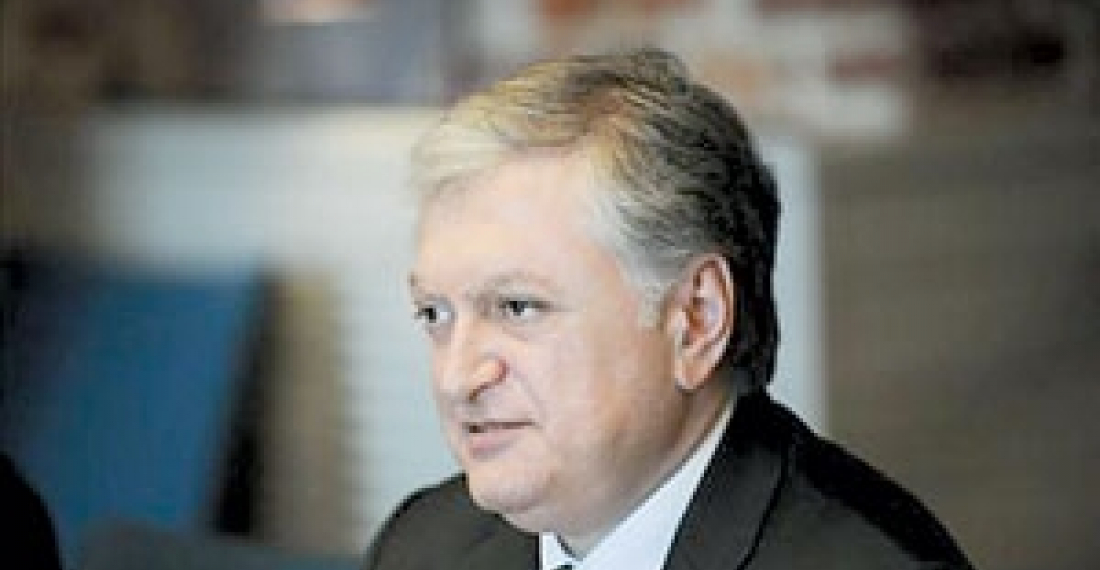Baku is constantly trying to resolve the Karabakh conflict unilaterally by means of blackmailing the European delegations arriving in Azerbaijan. Foreign Minister of Armenia Edward Nalbandian said in a joint press conference with his Finnish counterpart Erkki Tuomija in Yerevan, Wednesday.
However, the given attempts are doomed to failure, because the Karabakh conflict can be resolved only through self-determination of the Nagorno-Karabakh Republic and subject to observation of the UN Resolution on non-use of force, the principles of the peoples' right to self-determination and territorial integrity. By such actions Azerbaijan tries to throw dust into eyes of its own public, the minister said.
Such attempts, Nalbandian said, impede resolution of the Karabakh conflict. Erkki Tuomija, in turn, said that together with Nalbandian they discussed a number of issues, including regional ones, such as the Syrian issue, visa facilitation, economic relations, Armenia's participation in the Association Agreement with the EU, as well as other relevant issues.







